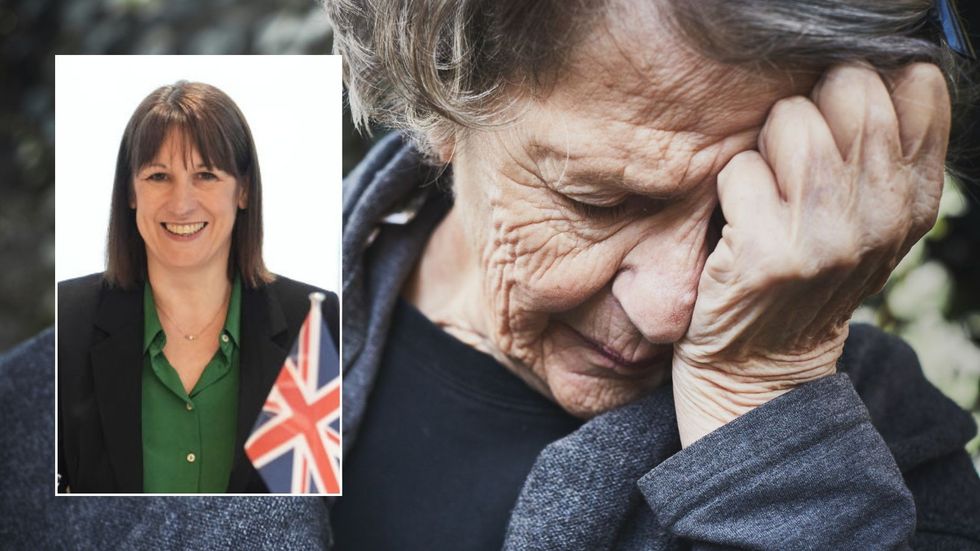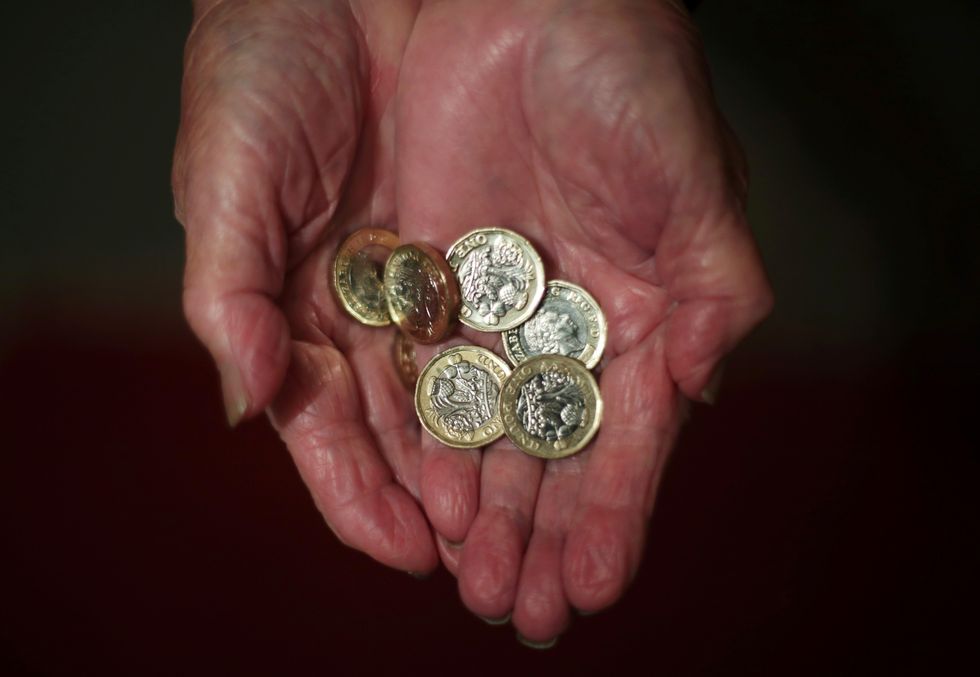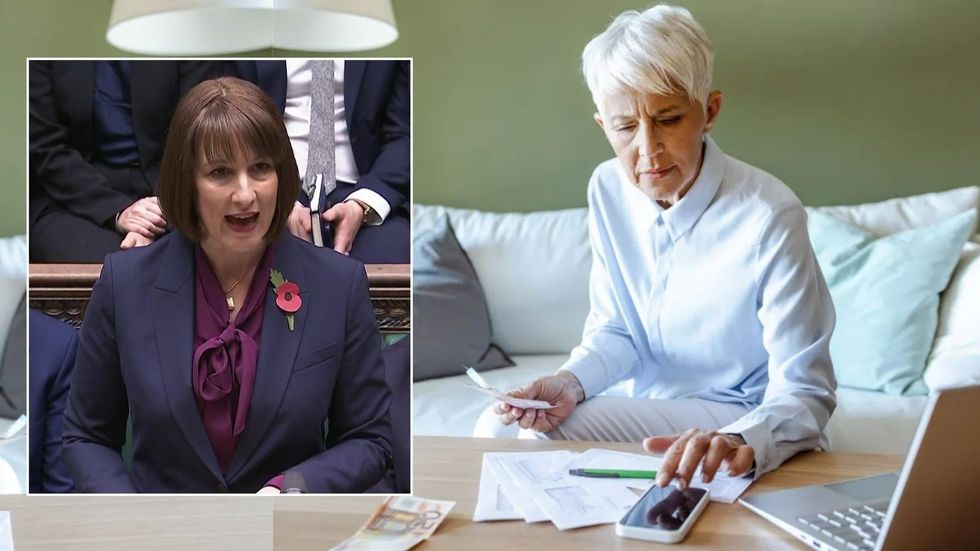Pensioner speaks to GB News
GB NEWS
State pension payment rates rise every year thanks to the triple lock but this could lead to Britons being slapped with a tax on their retirement income over the next couple of years
Don't Miss
Most Read
Trending on GB News
Campaigners have issued urgent demands for Chancellor Rachel Reeves to protect state pensions from being taxed, warning that frozen tax thresholds could push basic payments over the tax-free allowance by 2026.
Silver Voices, a leading pensioner advocacy group, is calling for immediate action ahead of the spring statement next month.
The organisation wants the personal allowance to be increased by £1,000 from April for pensioners, with future uprating linked to the triple lock.
Dennis Reed, the director of Silver Voices, said: "The Chancellor must take urgent action to prevent the basic state pension from being taxed from April 2026."
He warned the situation would be "ludicrous" as the state pension safety net has already been paid for through national insurance contributions and taxes.
The tax-free personal allowance has been frozen at £12,570 until 2028, creating growing concern among pensioner groups.
Do you have a money story you’d like to share? Get in touch by emailing money@gbnews.uk.

Reeves told to take 'urgent action' as state pension at risk of 'retirement tax'
GETTY
Combined with annual pension increases under the triple lock system, the freeze means state pension payments could soon exceed the tax threshold.
"This would then present the ludicrous situation of the state pension safety net, which has already been paid for through national insurance contributions and taxes, being itself subject to tax," warned Reed.
"Taxing some of the state pension would also drive a coach and horses through the whole principle of the triple lock safeguard," he added.
The new state pension is set to rise to £11,973 a year from April 2025, marking a 4.1 per cent increase in line with average wage growth.
 The triple lock pension pay out could be under threatPA
The triple lock pension pay out could be under threatPAUnder the triple lock system, state pension increases each year are based on whichever is highest of 2.5 per cent, inflation, or average earnings growth.
Analysts suggest that an increase of five per cent or more in April 2026 would push the new state pension above the personal allowance threshold.
Even if the threshold is not breached in 2026, the triple lock guarantees minimum rises of 2.5 per cent in both April 2026 and April 2027, making the breach inevitable by 2027.
Former pensions minister Sir Steve Webb has warned that strong earnings growth could see the new state pension rate exceed the tax threshold as early as April 2026.
"If earnings growth in the economy remains strong, we could see the new state pension rate exceed the tax threshold as soon as April 2026," said Webb, now a partner at pension consultants LCP.
He added that the triple lock make it certain that pension rates will breach the tax threshold by April 2027. Figures show the number of pensioners paying income tax rose from 7.85 million in 2023/24 to 8.51 million in 2024/25.
This is an increase of 660,000 pensioners now required to pay income tax in just one year. Age UK director Caroline Abrahams, called it "a really important issue which is only going to grow in prominence over the next few years."
"We agree that it makes no sense for the Government to give with one hand and take away with the other," Abrahams added.
LATEST DEVELOPMENTS:

Reeves is being called to review tax allowances to prevent people paying tax on their state pension
GETTYThe National Pensioners' Convention (NPC) has warned that fiscal drag from frozen tax thresholds will affect almost all pensioners by 2028.
Jan Shortt, NPC general secretary, said: "The fiscal drag caused by the freeze on the income tax threshold will mean that between now and 2028, all bar the poorest pensioner and lowest paid worker will be paying income tax."
The NPC has called for the tax threshold to be adjusted for inflation, which would put it at around £15,000. "Taxing state pensions is a demonstration of the disrespect towards an older generation who deserve financial security in their later years," Shortt added.
Independent Age has reported hearing from numerous pensioners worried about having to pay tax on their state pension.
Chief Executive Joanna Elson highlighted how the current system could affect those with modest private pensions.
"Currently, the tax-free personal allowance is only around £12,570, while someone on the full new state pension will be receiving round £11,973 from April, meaning those adding on a modest private pension may have to pay tax on their low income," she said.
She called for cross-party consensus on adequate income levels needed to avoid poverty in later life.
"Once this is established, plans must be put into place so that every older person is able to receive this amount," Elson added.








